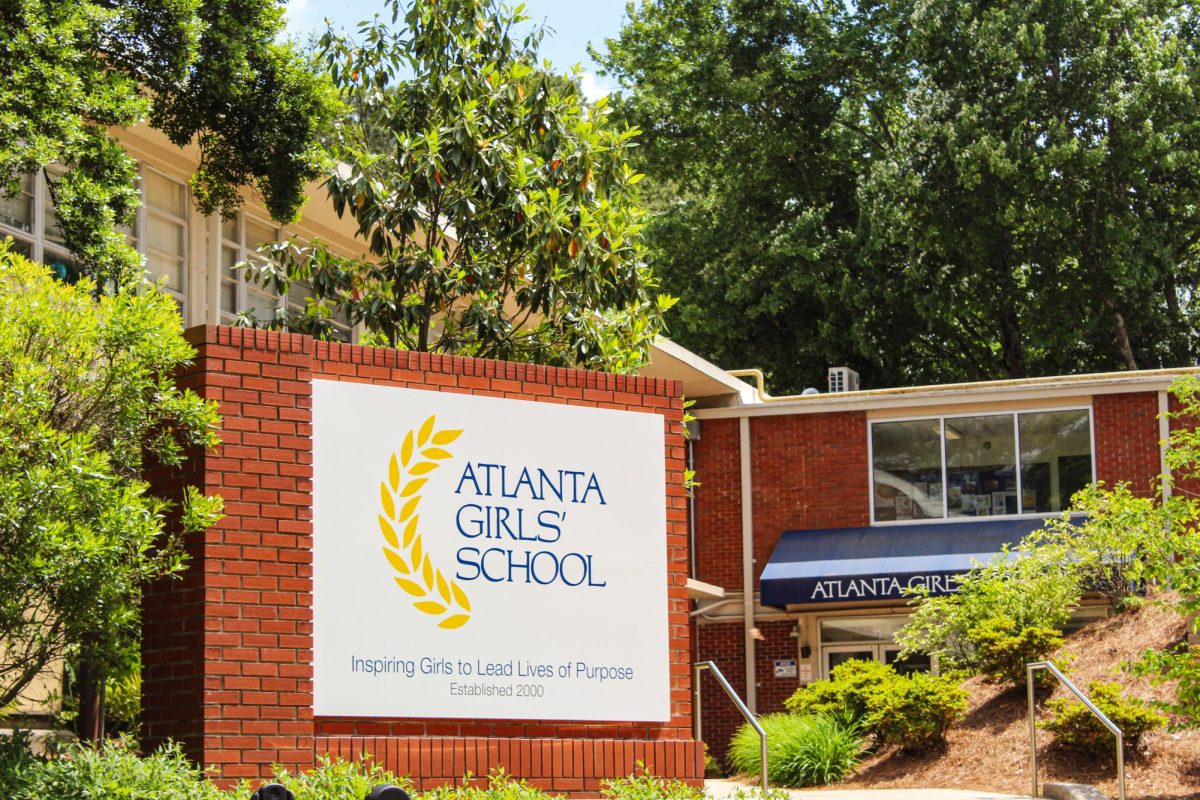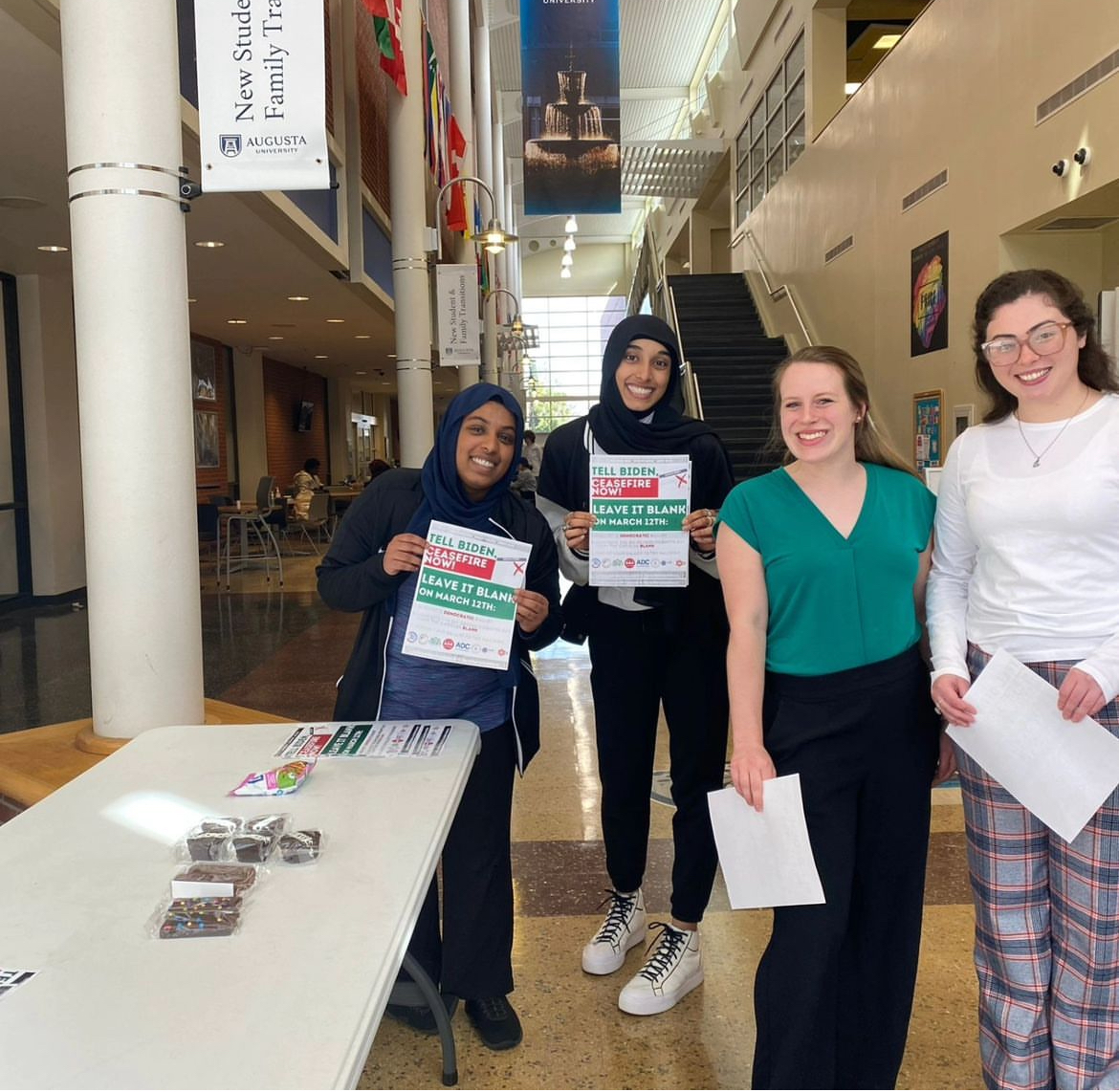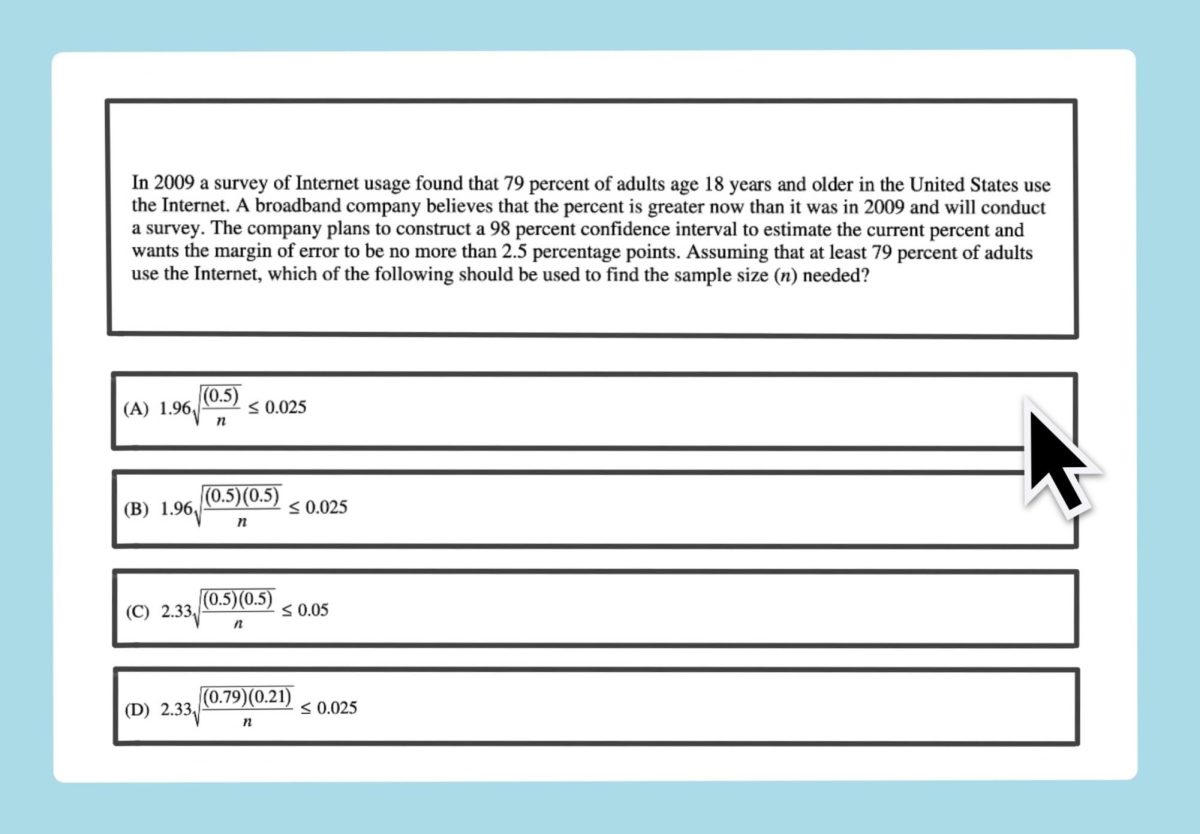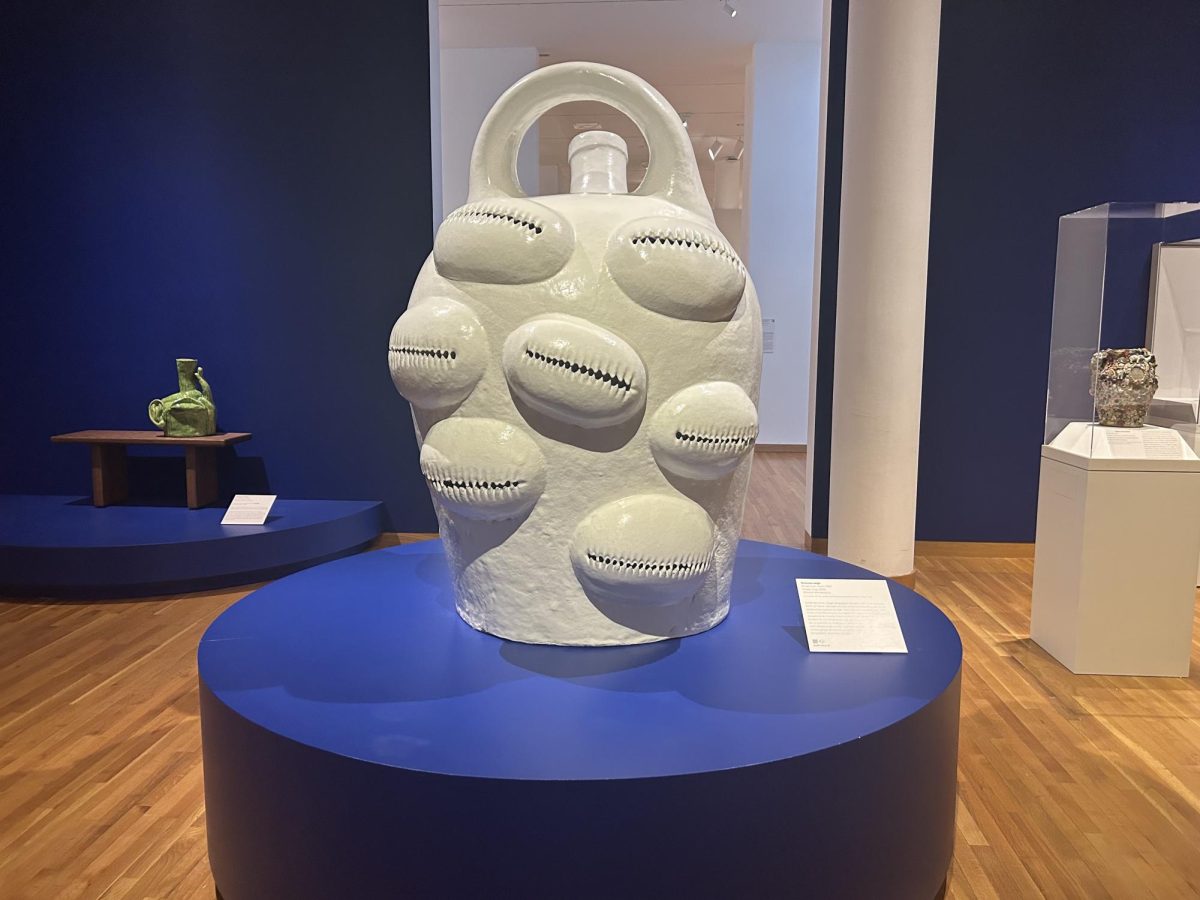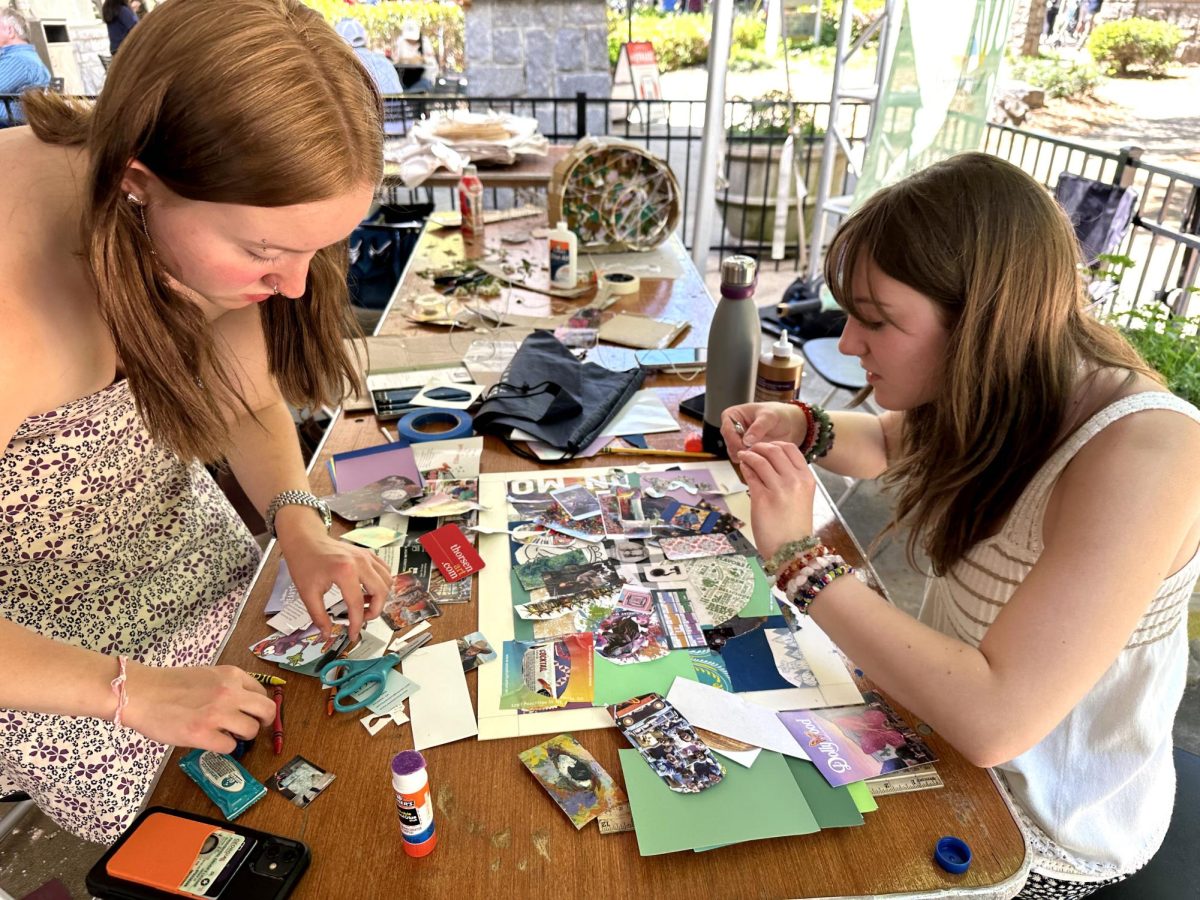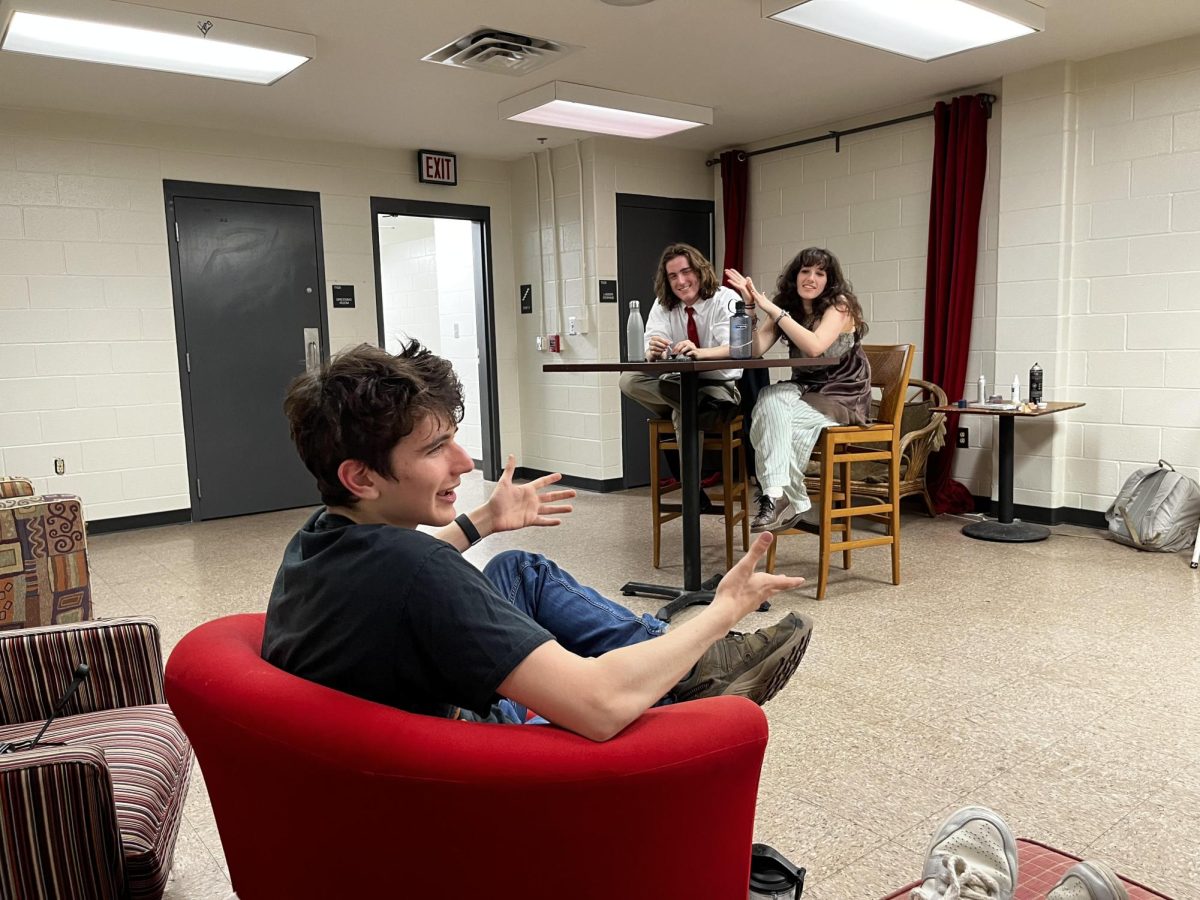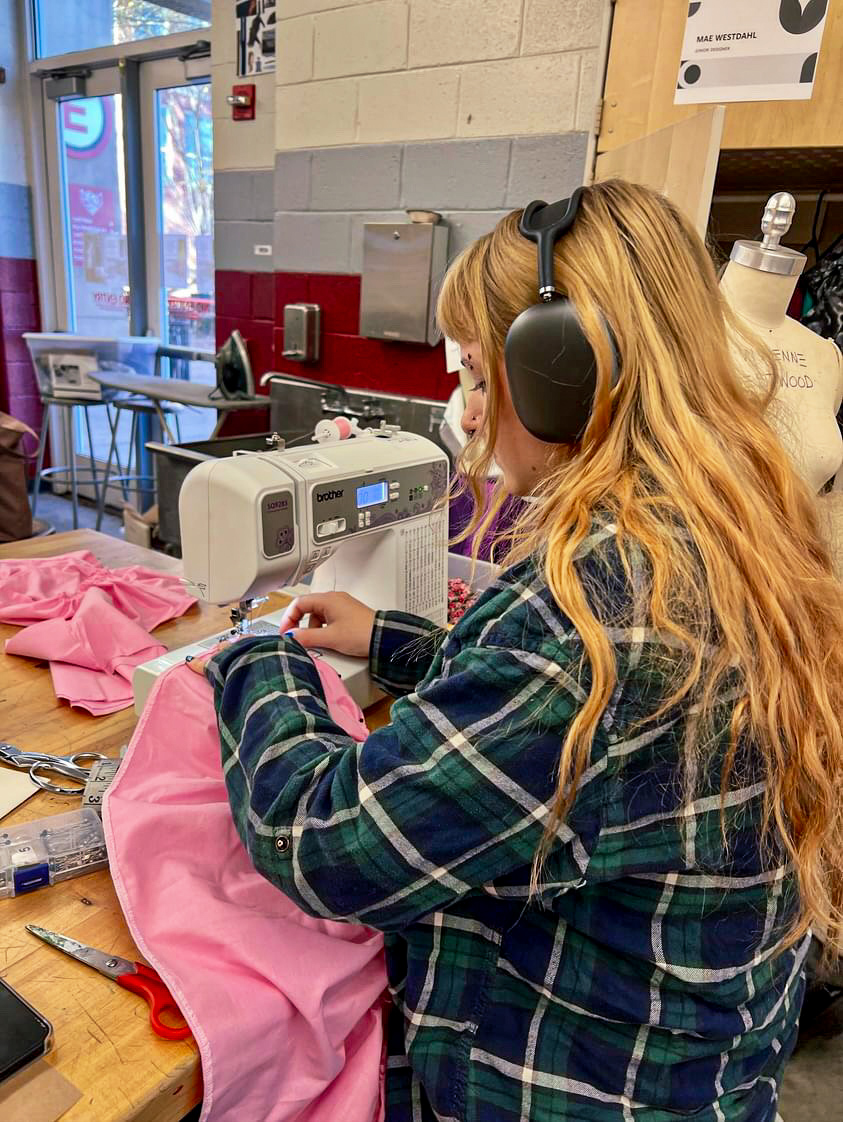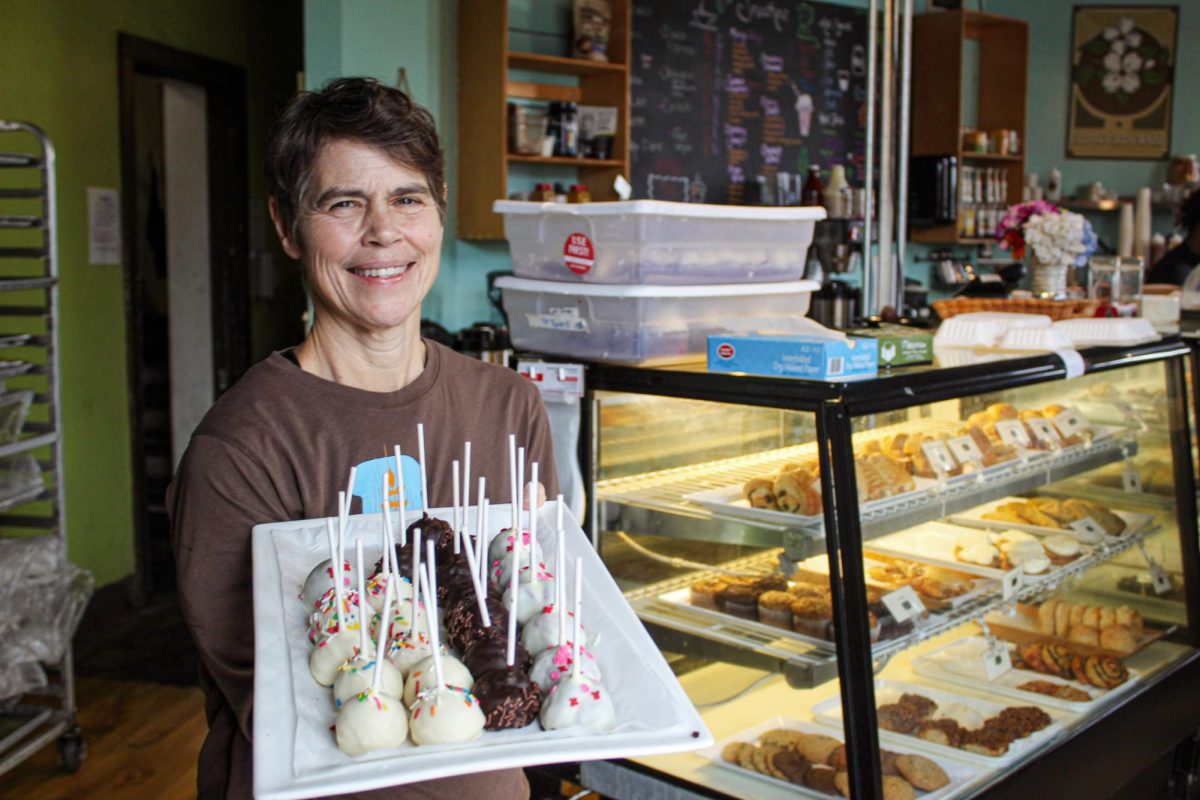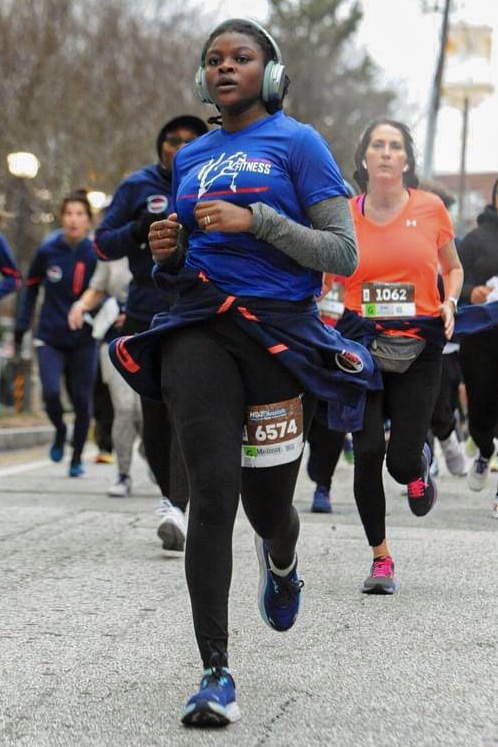It’s a known fact that no high school is perfect, and Grady is no exception. While some students go on to succeed at colleges like Harvard, Yale and MIT, others have struggled to adjust to post secondary education. Many alumni, who are currently freshmen and sophomores in college, were able to look back on their high school [or secondary] education and see how it affected their college years.
Demographics Drawback
Alex Realff (Grady class of 2013) is currently a sophomore at The Georgia Institute of Technology, whose student body is 38.2 percent minorities. 7.1 percent of the population is African American. This may seem like a small percentage, but it was the highest of the seven schools attended by the seven Grady graduates I interviewed. In comparison, Grady’s black population is about 10 times higher: 66 percent of the student body. The fact that, unlike some other schools, Grady’s student body is not predominantly white has helped many students learn to interact with and adjust to a variety of people.
The fact that no single race makes up two thirds of the population is one of Grady’s strengths. The motto, “Individually we are different; together, we are Grady,” may be a cliche, but it’s also a major reason that graduates are ready to face the real world after high school.
“Grady’s student population is much more diverse than UNCA’s,” UNC Asheville sophomore Sam Tomaka said. “In a nutshell, this school is very white. I just can’t help but feel kind of sorry for all these kids here who spend their entire lives in their neat little white bread Raleigh suburbs. I know this is very opinionated of me, but I think that kind of life is so fake: 99.99 percent of the real world is nothing like that.”
Teachers’ methods aid preparation
“The abundance of AP classes offered gives students the experience of what a college classroom is like,” graduate and Tufts University freshman Michael Dillard said.
“Some of the teachers that I’ve had use the same kind of principle—especially AP teachers—as the college professors use,” Dillard said. “I felt prepared because of the way the teacher taught the class.”
Tia Borrego, a freshman at the United States Military Academy at West Point, said that she benefited from her flipped classroom courses at Grady. “[It] has really helped me here,” Borrego said. “You’re expected to read the material before class and then you work on problems on what you’ve read in class. Teachers will give you a list of everything, and you have to be responsible enough to keep up with your own work.
Grady’s location in midtown Atlanta also plays a key role in students’ high school experiences.
“The biggest education I got at Grady was learning to be an active citizen, being a member of the community and being culturally aware,” said Eliza Renner, a freshman at Middlebury College. “I’m surprised by the fact that the conversations that we were having at Grady were as progressive as they were. Grady is a very progressive place; anyone who has attended it or knows of it knows that. Now at a place with few southerners, I am more culturally literate than my peers here. I think Grady’s spirit of student journalism was a big contributor to that.”
Workload Pitfalls
The lack of handholding in college, however, can also be a bad thing. Dillard had a big wake-up call when he arrived at college.
“You can go through Grady studying at the bare minimum, if at all, and that’s not rubbed off on me the right way for college,” Dillard said.
Other alumni agree. Realff found himself very unprepared for the large workload. “[The biggest difference was] having to actually study and do work outside of school to keep up with my classes,” he said. “In my first semester at Tech, I didn’t really study for about the first month or so, and [as a result] I did not do very well on my first quizzes or tests. Grady was super easy; you didn’t have to pay attention in class.”
Borrego agreed but said it wasn’t for a lack of quality instruction.
“The teachers do a very good job of teaching you, but it’s more like teachers cater to the lowest academic level,” Borrego said. “Grady doesn’t prepare you to be at a military academy.”
The stark difference between Grady and UNC Asheville caught Tomaka off guard, causing him to do poorly his first semester at college.
“I was only able to pull myself together the following spring because of the assistance people at UNCA provided me,” he said.
Tomaka also had the luxury of being able to put off work at Grady. “I procrastinated a lot in high school, because I could, but in my experience, you’re going to have a rough time in college if you don’t at least have an idea of how not to procrastinate.”
Renner also felt behind academically in comparison to her peers.
“I am having a hard time getting through reading scientific case studies right now,” she remarks. “I never really encountered any of that at Grady.”
Adjusting to new Administration
Many Grady alumni agreed that the staff at Grady didn’t always tailor instruction to meet their individual needs. Tomaka, for example, had a very troublesome experience with Grady administration.
“It was especially difficult for me and my family during my time at Grady because I have a learning disability,” he said. “A lot of my teachers did not respect that I was really struggling, and APS administration certainly didn’t.”
This lack of accommodation caused Tomaka to distrust his college professors and advisers and close himself off from the opportunities at UNC Asheville.
“I came into college feeling very cynical and somewhat anti-authority about school, and because of this, I wasn’t too eager to openly work with my teachers and advisers at UNCA,” Tomaka said. “It took me a while to realize that the academic services here are really quite excellent. It just took me some time to come out of my shell and ask for help when I needed to.”
“Grady has a ways to go to prepare you for college,” Borrego said. Despite it’s academic shortcomings, however, Grady has helped to make all of its students culturally literate. And if there’s one thing that these Grady alumni have learned, it’s that Grady, flaws and all, has affected their future, for better or for worse. And that is the whole point of education.

